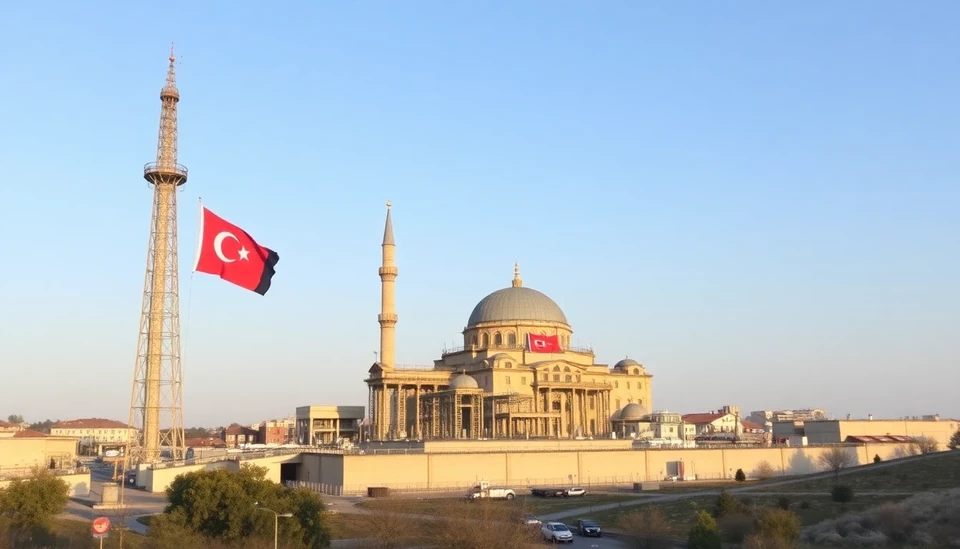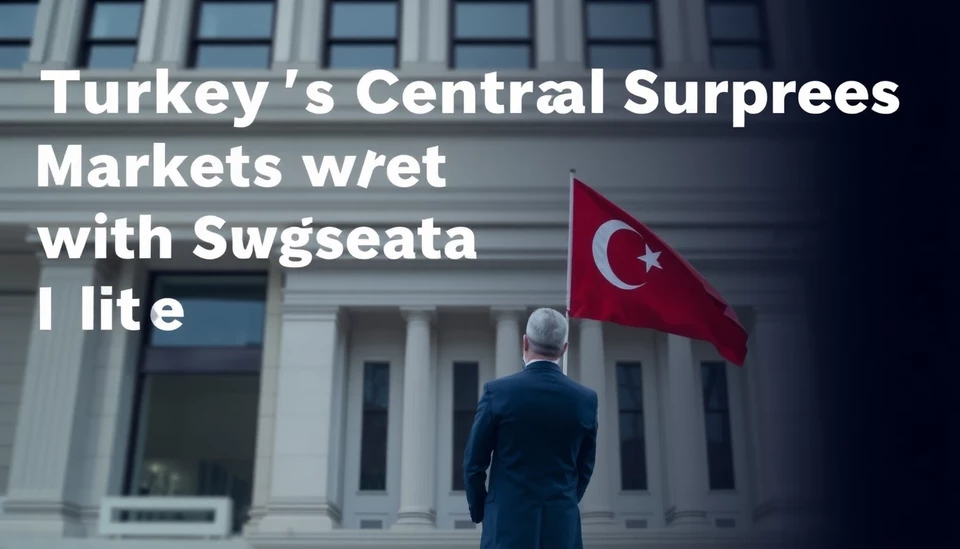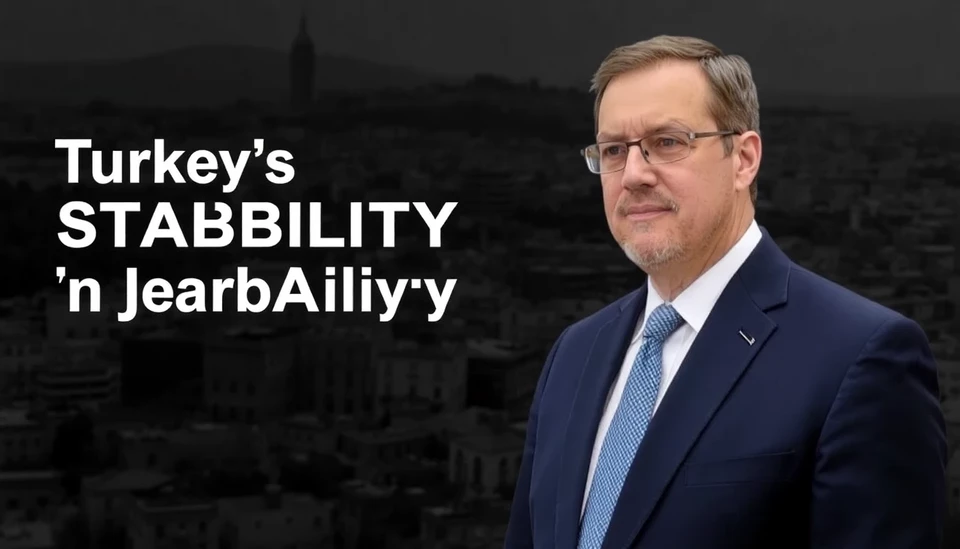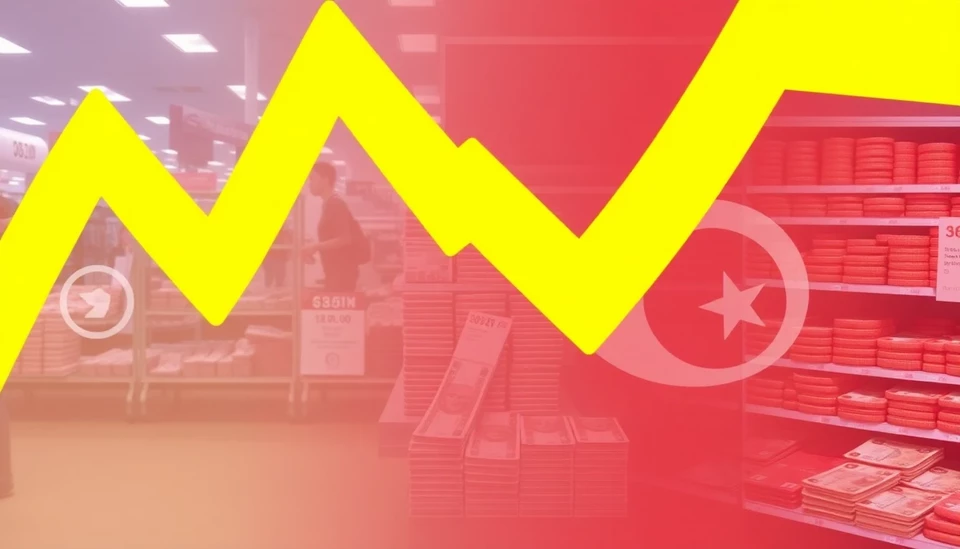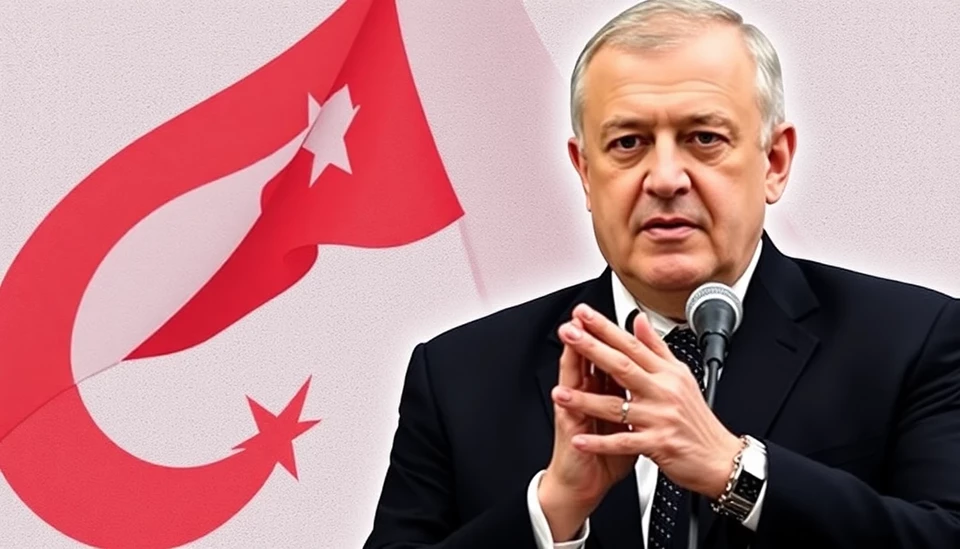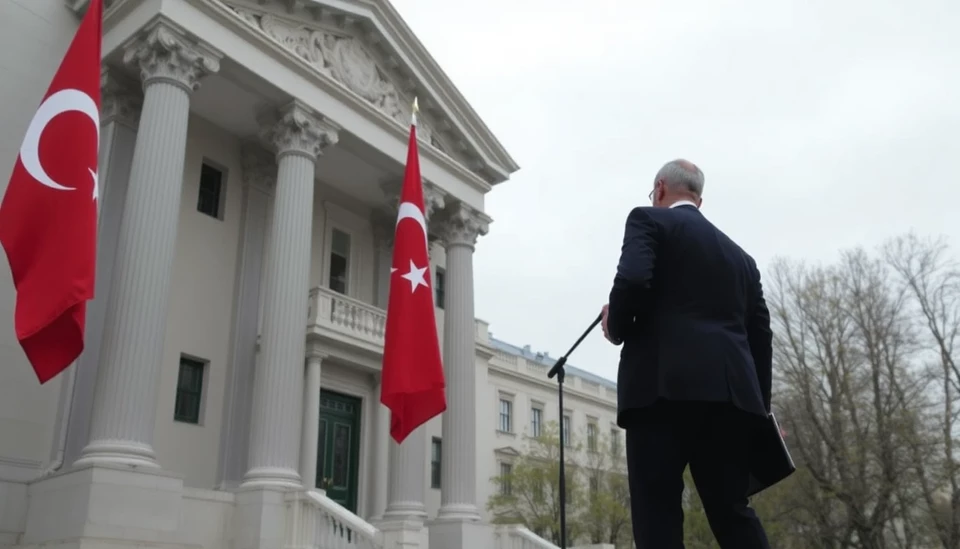
In a significant move reflecting the growing discontent with Turkey's economic management, opposition leaders have fiercely criticized the Central Bank's recent interventions aimed at stabilizing the lira amidst rising inflation and market turmoil. The political climate has become increasingly tense as the nation's financial strategies come under scrutiny.
The Turkish lira has been in a precarious position, suffering major losses against the U.S. dollar as investors react to a series of unexpected policy changes. In a bid to stem the currency's decline, the Central Bank announced a controversial decision to increase interest rates, a measure that many believe contradicts President Recep Tayyip Erdoğan's long-standing opposition to high borrowing costs. This divergence from Erdoğan's economic philosophy has not gone unnoticed and has fueled criticism from the opposition coalition.
Prominent figures from the opposition bloc, including members of the Republican People's Party (CHP) and the Good Party (İYİ Party), have publicly denounced the Central Bank's strategies. They argue that the bank’s actions are inadequate and largely reactive rather than proactive, asserting that these measures are driven more by political pressure than by sound economic principles. They fear that continued instability could lead to long-term damage to Turkey's economy as confidence wanes.
One of the leading opposition voices, CHP spokesperson, emphasized the grave implications of a weakening lira, asserting that the government must take a more responsible approach to fiscal management. The opposition also called for transparency and accountability from the Central Bank, pushing for a revision of its policies to prioritize economic stability over political expediency.
The recent turmoil comes against the backdrop of Turkey's inflation rates, which have soared to levels not seen in decades, exacerbating the financial strain on everyday citizens. Food prices and basic goods have surged, leading to widespread dissatisfaction among the populace. In this volatile climate, opposition leaders argue that the government must abandon its unorthodox economic policies and adopt more orthodox measures to regain the trust of both citizens and international investors.
As the political climate continues to heat up, it is clear that the economic crisis will play a pivotal role in shaping Turkey’s upcoming elections. The opposition is now firm in its stance to leverage these issues, hoping to mobilize public sentiment against the ruling party while advocating for a return to traditional economic principles that prioritize stability and growth.
In conclusion, the intersection of economic challenges and political criticism is setting the stage for a potentially transformative period in Turkish politics. The upcoming months will be crucial as the opposition ramps up their efforts to hold the government accountable while trying to navigate the complex economic landscape.
#Turkey #CentralBank #EconomicCrisis #Opposition #Lira #Inflation #PoliticalTurmoil
Author: Laura Mitchell
